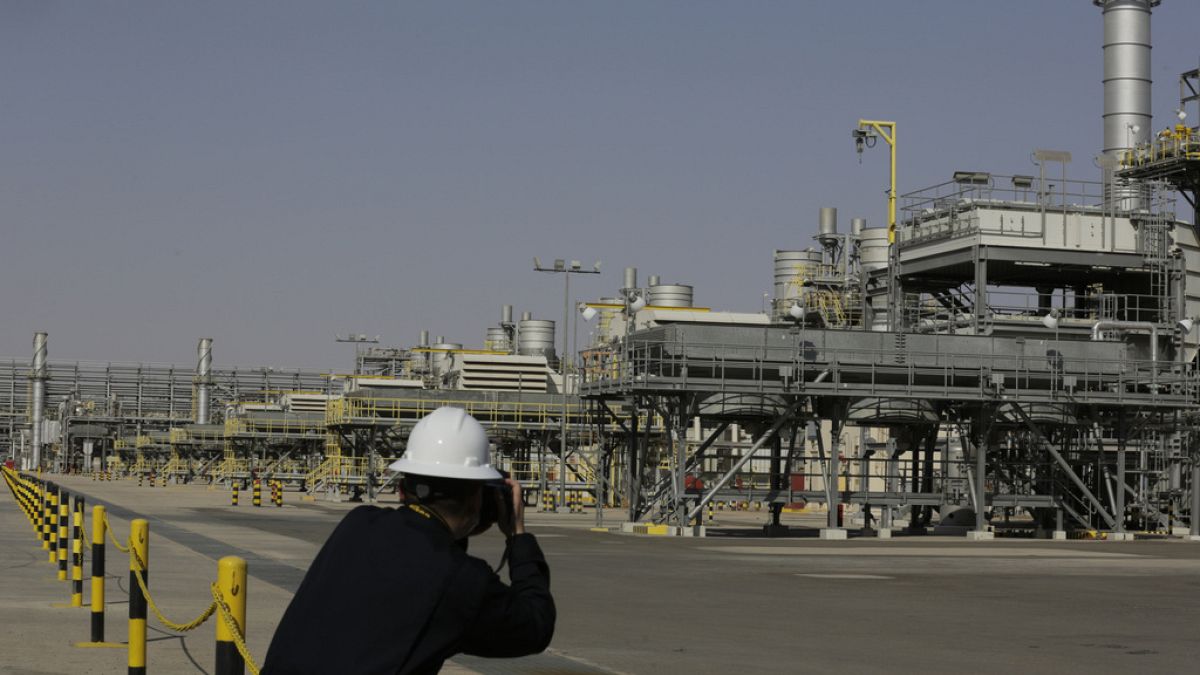

In a world driven by energy, recent developments have underscored the complexity and interconnectedness of global oil production and energy policies. The Organization of the Petroleum Exporting Countries and its allies, commonly known as OPEC+, recently agreed to increase oil production by 547,000 barrels per day starting in September. This decision reflects ongoing efforts to stabilize global oil markets and meet rising demand as economies rebound.
Simultaneously, energy decisions are not solely driven by market dynamics but also significantly influenced by geopolitical considerations. India, a major energy consumer, has announced its decision to continue importing oil from Russia. Despite potential U.S. sanctions, Indian officials emphasized that their purchasing choices will remain based on logistical, economic, and pricing factors. This decision highlights the delicate balance between national energy security needs and international diplomatic pressures. Former U.S. President Donald Trump had previously voiced his stance on enforcing punitive tariffs against countries dealing with Russia, adding another layer to this intricate geopolitical landscape.
The debate around energy policies is not limited to fossil fuels. A keen interest is growing in advancing cleaner energy alternatives. In Australia, the Productivity Commission has put forward a proposal to shift from subsidy programs to market-based incentives by 2030. This strategic move aims to encourage investment in sustainable energy solutions, as the country navigates its transition to a net-zero carbon future. The commission envisions this approach as a crucial reform to enhance productivity and foster a more resilient energy market.
Away from energy markets, economic well-being in contemporary society remains a focal issue, particularly concerning post-retirement life. Across Europe, state pensions constitute a substantial portion of income for those aged 65 and above, underscoring the importance of robust social security systems in supporting older populations.
Meanwhile, the financial landscape in the United Kingdom faces scrutiny due to concerns over mis-sold car finance schemes. The Financial Conduct Authority has predicted that affected consumers may receive compensations that average less than £950 each. Although redress processes seek to ameliorate individual financial harm, the broader implications on consumer trust and financial industry practices remain a critical discussion point.
As energy policies evolve and financial systems adapt, the global community remains engaged in managing the nuanced interplay between economic, environmental, and geopolitical factors. The commitment to balanced solutions that ensure stability, sustainability, and security resonates as a common theme in navigating the future’s challenges. As stakeholders continue to evaluate policy frameworks, the ongoing dialogue across nations exemplifies the spirit of collaboration necessary for a harmonious and prosperous global society.
Source: {link}
